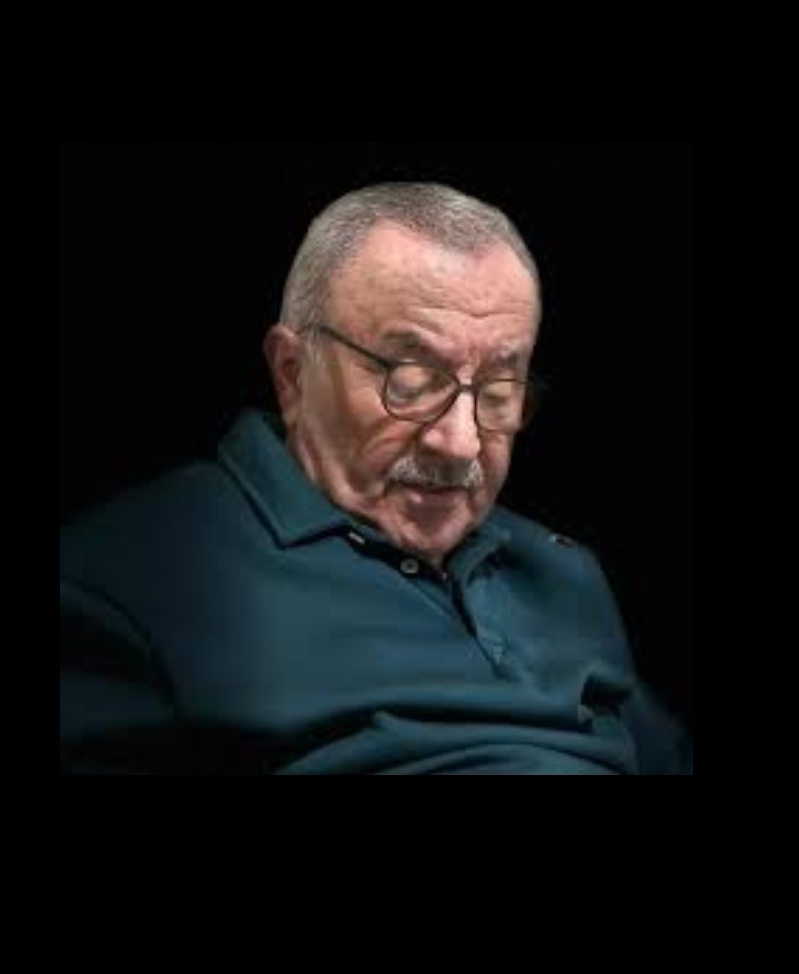TRANSLATED FROM THE TURKISH BY GÖKÇENUR Ç. AND NEIL P. DOHERTY
Why should we kill the peasants?
Why should we kill the peasants?
Because they’re indolent,
Against this ever-changing world
They live indifferently, resisting all
Like thirsty thistles,
Like hard adobe walls.
They are dull, rude, and cunning.
Confidently and easily, they lie.
Even when they have money
They have the knack of making themselves look poor.
They scorn everything and curse everyone.
Not even once do they think of
The rain, the wind, or the sun
And they plough the edges of each other’s fields
In order to add to their own land.
Why should we kill the peasants?
Because they beat their wives,
And never speak in soft tones
The more they’re quashed outside,
The more they become tyrants at home.
They never read newspapers and rise up
Against injustice only when it is done to them.
Even if there’s water everywhere in their villages
Their clothes are never clean and
They go about with stubble all over their faces.
They don’t raise their children well,
There are no books, paintings, or music in their homes.
They never brush their teeth and
Take their hats off only before sleep.
Why should we kill the peasants?
Because they fight when their dogs do.
They visit each other’s houses
Only for weddings and funerals.
They are ashamed of singing or grieving,
For them laughing is a disgrace, having fun a weakness,
Only when they drink are they moved to tears.
Under the crust of a thousand years
Their hearts flicker like a low gas lamp.
Afraid of being cheated
They constantly cheat each other.
If they ever have to go somewhere together
They walk at least ten paces in front their wives
And as proof of their manhood
They beat them for all to see.
Why should we kill the peasants?
Because they vote for the wrong parties.
They mock their own
Yet in a strange way, they trust in strangers.
For them, the state is land registry office,
Bank debt, and public hospital.
They are afraid of the state, yet mostly swindle it.
While in the army they’re brave enough to beat up an officer,
But when faced with a civil servant – this is too strange –
It’s like they’re almost crushed to death.
As for inflation, they only know the prices of wheat and fertilizer.
Leaning against a mosque wall, a coffee house, or a tree
They wait eleven months for blessings from the sky.
They are religious, fearful of the afterlife,
But are bold enough to ogle
A woman top to toe
Once in a year, after the harvest
They make for the city.
Why should we kill the peasants?
Because they take off their boots on buses
And wrapped in the odours of foot and mouth
They settle into their seat and bore everyone
As they rant on about a misfortunate daughter or useless son.
Even when writhing in poverty, they believe,
With the deepest gratitude, that it’s God’s grace.
And at every opportunity, with a secret pride,
They casually boast of rich relatives
Who live far off in distant cities.
They know enough of manners to dine in a restaurant
But as soon as they leave, they spit
And blow their noses all over the streets.
Then, flabbergasted at its cleanliness and order,
They go on and on about how good is to live in a city.
Why should we kill the peasants?
Because they sleep as soon as darkness falls.
They have no urge to dream of another world
As they gaze at the stars in the dead of the night.
They love the sky only if it rains in spring
And if the summer sun raises up their crops.
They have scant imagination and so only believe in
Anything new when they see the results
-even if it happens to be a high-yielding seed-.
They make no contribution to a better world.
They are mercilessly possessive,
The future of the country is
Mortgaged to their small fields.
And like shards of impervious rock
They stand before the deep rivers of time.
SO, TELL ME HOW,
HOW CAN WE SAVE THE PEASANTS?
Translated by Gökçenur Ç. and Neil P. Doherty
Also, read “Interview with Fabio Jermini” by Annalisa Carlevaro published in The Antonym:
Follow The Antonym’s Facebook page and Instagram account for more content and exciting updates.





























0 Comments